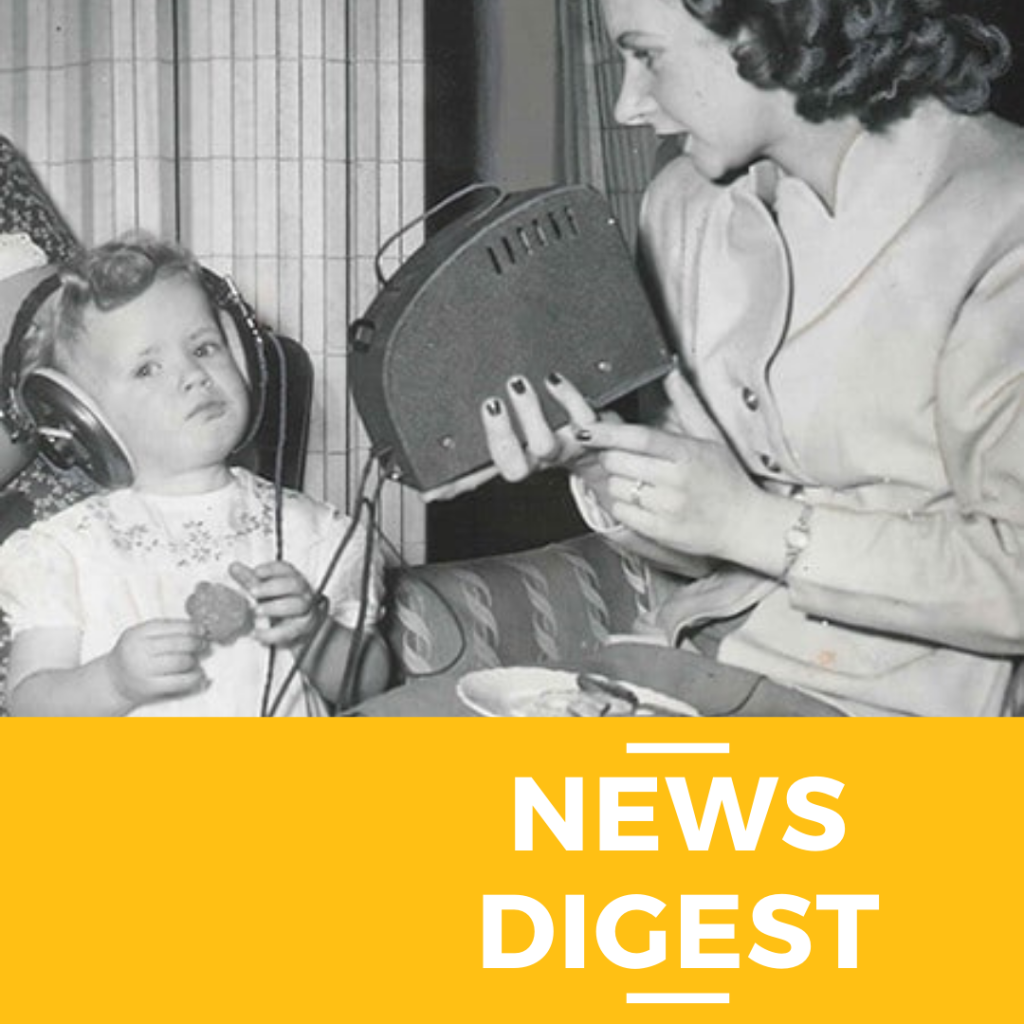This update is far overdue.
As some of you know from Twitter, in October 2021 I had surgery for stage-4 endometriosis, which led to the discovery of a concerning tumor and then an official diagnosis of ovarian cancer. A second surgery was delayed for nearly three months because of the Omicron surge which raised worrying concerns about the cancer spreading (it did, but only slightly), followed by summer 2022 undergoing chemotherapy.
It’s been a lot. Too much in such a short time. My recovery is a long road and there’s a lot of grief and trauma for me to work through. I’ve taken a tremendous step back from work and writing because the various treatments I was prescribed, along with “chemo brain,” has affected the way I think. I pause more to articulate my thoughts. I forget things very easily and often.
And writing, which used to be an easy and seamless movement between my brain and fingers, is…different. I used to see words and paragraphs forming in my heads faster than I could type them down. Now, sometimes I see blanks or shadows cast upon words I know are familiar–that I have written or uttered countless times–but act like strangers. It is surreal and sad at the same time, because I feel like I lost a huge part of myself.
I am giving myself grace and space to adjust to this new reality. Which includes using a cane when I need it, because I had serious nerve damage on my left leg from surgery; it was healing well then was worsened during chemo and I’m undergoing physiotherapy soon. It’s a bit strange, coming to terms with this new disability–it doesn’t bother me that I have to use a cane, and in fact, I got a very fashionable maroon one–and adjusting against parts of my identity that I have been comfortable with (I can’t wear heels! Maybe it’s frivolous, but I love them and I miss them!).
In any case, I have spoken up on issues that required my expertise, first and foremost the decision this year by the Food and Drug Administration to finalize the entry of over-the-counter hearing aids in the US market. My essay for Wired received a lot of attention, prompting several interviews and a second essay. They’re summarized below as is my latest essay for Washington Post’s Made By History on the eugenic gaze cast upon politician John Fetterman’s performance during the midterm elections.
Enjoy–and please subscribe if you haven’t already done so! Scroll to the bottom and add your email at the prompt on the left side.

“OTC hearing aids will certainly transform the consumer market, but they are not a one-size-fits-all solution, nor will they replace the intricate services provided by professional audiologists and hearing instrument specialists.” Read More.

Some interviews I did:
Here & Now‘s Celeste Headlee interviewed me about my Wired essay as did Jason Howell for Twit.tv.
For USA Today, I discussed with Kelly Powers whether the low-cost accessibility of OTC devices correct disparities in hearing-aid use.

For Made by History, I wrote about how the FDA’s new hearing aid won’t solve the bigger problems in the market:
“In short, while these new devices offer great promise, they leave in place problems that have plagued Americans with hearing loss for over a half-century. While Congress has grappled with how to deal with the gap between the medical and consumer sides of hearing loss and high costs since the 1960s, legislators have taken no action. Absent fundamental legal changes, however, these flaws probably will linger.” Read More.

Also for Made by History, I wrote that we need to rethink how we evaluate political candidates for office on the basis of “fitness.”
“These skills — and the unique perspective they provide — help explain why jettisoning the ideas shaped by eugenics about disability would benefit American society and government. The need for adaptation and accommodations is not a character flaw but an opportunity to examine the world through different perspectives. Seeing the world through these lenses could inject new understandings into our government and produce policies that will collectively benefit us all.” Read More.

Leave a comment